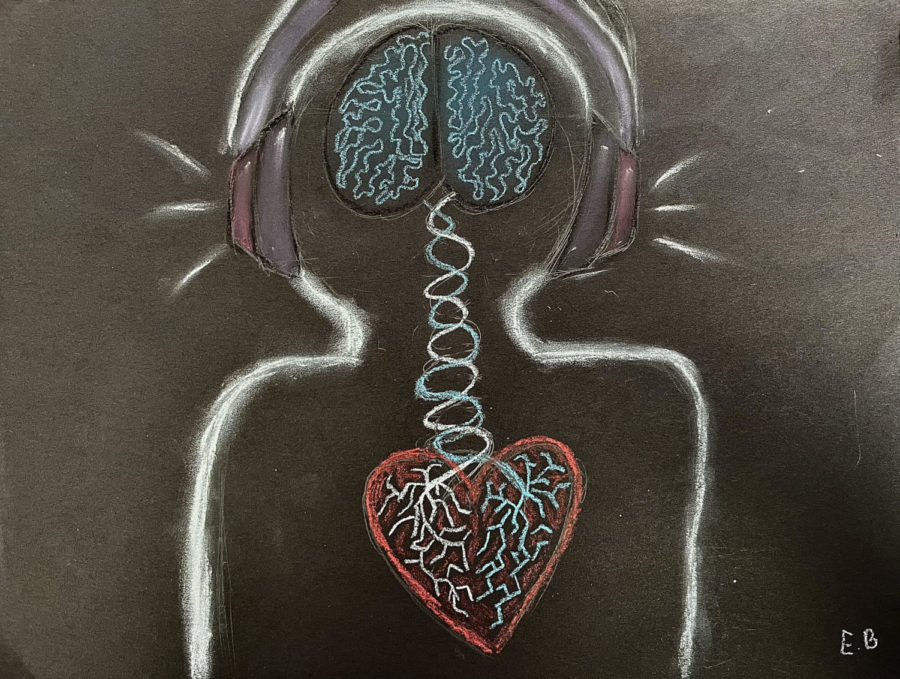The rising suicide rates among musicians have shocked the industry into confronting its long-neglected mental health crisis. Research highlighted in The Guardian reveals how pervasive mental health struggles are within the artistic community, painting a grim picture of an industry where depression, anxiety, and unresolved trauma are widespread. At the same time, psychologists have urged the sector to provide better mental health support to artists, as outlined in London Daily News. While these calls for change are promising, the broader context of the issue—and the deeply personal battles faced by artists—reveals a more complicated picture.
Many musicians turn to art not just as a career, but as a lifeline. For some, creating music is a way to process trauma, manage mental health challenges, or bring meaning to life’s more painful experiences. But when these same individuals are thrust into a competitive, high-pressure environment, the weight of these unresolved issues can become unbearable. As the industry grapples with how to move forward, it must reckon with the fact that the very qualities that drive artistic expression often leave individuals vulnerable to a range of mental health difficulties.
The Fragile Path of Artistic Minds
It’s no secret that creative individuals often experience a heightened sensitivity to their emotions. Many musicians have lived through personal hardship, trauma, or long-standing mental health challenges before stepping into the spotlight. Studies consistently show that artists are more likely to struggle with depression, anxiety, and other mental health conditions than the general population. The reasons for this are complex: heightened emotional awareness, the pressure to maintain authenticity while meeting public expectations, and the isolating nature of the creative process all play a part.
Music, for many artists, serves as an emotional release—a way to channel pain into something productive. However, relying on creativity as a form of therapy can only go so far without proper support. When coupled with the stress of an unforgiving industry, even the most resilient individuals can find themselves overwhelmed. The tragic result, as the data makes clear, is that too many talented musicians find themselves unable to see a way forward.
An Industry Ill-Equipped to Support
The music business has long been known for its relentless demands. From touring schedules that leave little time for rest, to the unyielding expectation of public engagement via social media, the industry’s structure often exacerbates existing mental health challenges. For independent artists who lack label backing, the strain is even more severe. Without the resources for professional help or the support of a dedicated team, many musicians are left to fend for themselves.
This is where the calls for reform come in. Psychologists and mental health advocates have urged the industry to provide accessible, affordable mental health services tailored to artists’ unique needs. But implementing these changes on a large scale is no simple task. For independent musicians—who make up a vast portion of the creative workforce—the prospect of receiving adequate support remains slim. Financial barriers, stigma, and a lack of clear pathways to care continue to prevent many from accessing help.
Creativity as a Double-Edged Sword
What makes this crisis particularly heartbreaking is the fact that music itself often stems from an attempt to heal. Artists who have experienced trauma frequently turn to songwriting, performing, or composing as a way to process their emotions. This act of creation can be profoundly therapeutic, not just for the artists but also for their audiences. The shared vulnerability and honesty in their work provide solace and connection for countless listeners.
However, while music can be a powerful coping mechanism, it is not a substitute for professional mental health care. The Guardian article’s dismissal of creativity as a valid emotional outlet overlooks its importance in the healing process. That said, it’s clear that art alone cannot carry the weight of severe mental health issues. Without systemic changes and accessible support networks, the cycle of artists turning to creativity for relief—only to be crushed under the pressures of the industry—will continue.
A Way Forward
The recent calls for better mental health services are a critical step, but they must be accompanied by meaningful, industry-wide changes. It’s not enough to acknowledge the problem—tangible solutions must follow. This includes establishing affordable therapy options, creating safe spaces for open dialogue about mental health, and addressing the systemic issues that make the industry so damaging in the first place.
Most importantly, we need to remember that the people behind the music—their struggles, their pain, and their resilience—are just as vital as the art itself. By fostering an environment where musicians can safely process their emotions, we not only improve their well-being but also ensure that they can continue to create the music that inspires and heals so many. The world depends on their creativity; it’s time we offered them the care and understanding they deserve.
Conclusion
The intersection of creativity and mental health is complex and deeply personal, and the music industry must do more to support those navigating this precarious path. The high suicide rates among musicians are a stark reminder that the sector needs systemic change. By recognising the unique vulnerabilities of artistic minds and investing in meaningful reform, the industry can begin to reverse this troubling trend. Until then, we will continue to lose talented voices to a cycle of trauma, creativity, and isolation. It’s time to break that cycle and ensure that every artist can find both solace in their art and the support they need to thrive.
Article by Amelia Vandergast

